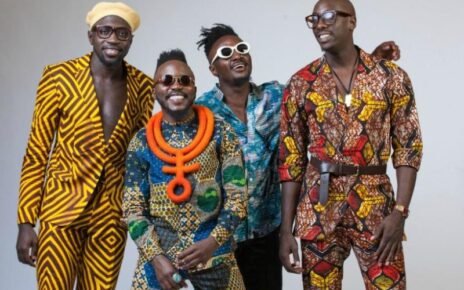Prominent Tanzanian artist, Rayvanny, recently graced Mombasa, Kenya, with a captivating performance sponsored by Royal Media. However, what stirred considerable interest among Kenyans was the circulation of unfiltered photos showcasing the artist in his natural state after the show.
During his stay in Kenya, Rayvanny visited a local barber shop to groom his hair, ensuring he was in top form for the highly anticipated event. The barber, eager to display his skills and promote his business, unintentionally recorded a video of himself giving Rayvanny a haircut, providing an unvarnished look into the artist’s reality.
Upon sharing the video online, the comment section was flooded with criticism and trolling directed at Rayvanny’s unfiltered appearance. This contrasted sharply with the carefully curated images and videos typically shared on his social media platforms, generating a significant reaction among Kenyans on TikTok.
This incident sheds light on the prevalent use of image manipulation on social media, where the majority employ filters to present an embellished version of themselves. Although this practice is widespread and not against the law, it fosters a culture of deception, creating a noticeable divide between individuals’ virtual and real personas.
It is crucial to recognize that Rayvanny has not violated any rules; the use of filters is a personal choice well within the rights of individuals. However, as a public figure, celebrities like Rayvanny should anticipate such reactions from their fans, who often idolize them and aspire to mirror their lifestyles.
In conclusion, this incident serves as a reminder of the dual nature of social media, where authenticity and reality can sometimes be overshadowed by carefully curated images. Rayvanny’s unfiltered photos ignited a discussion about the expectations placed on celebrities and the impact of digital enhancements on societal perceptions.



